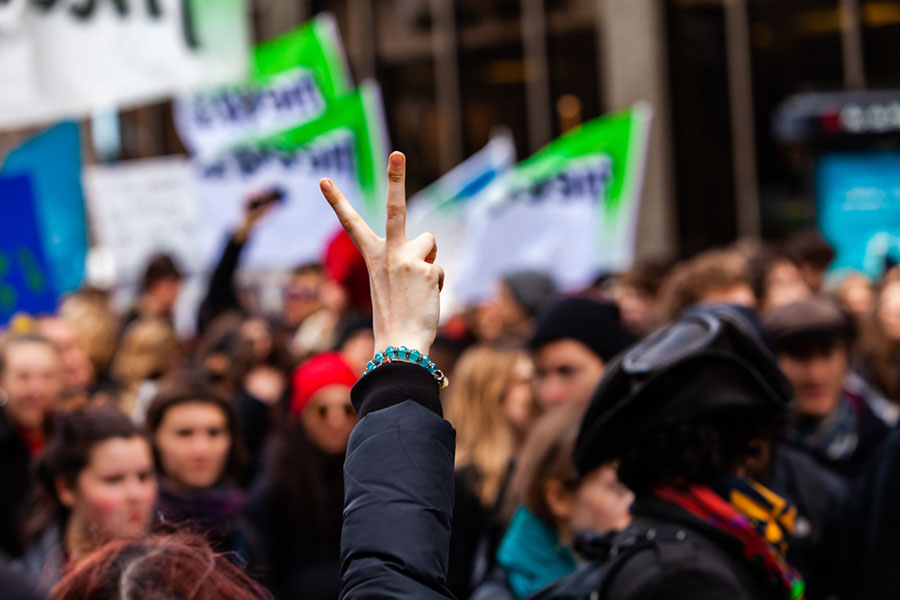
Notable American Revolution Acts
Not All American Revolution Acts Were Violent. Many Fine Examples of Patriotic Protest and Peaceful Participation by Citizens in Civil Unrest Are Relevant Today.
Not all of the American Revolution acts were violent. Some of the deeds which led to the forming of the nation, while potentially destructive, were not battles between two armed forces.
Many acts were simply symbolic of the Colonists’ discontent. The Boston Tea Party would probably be the most well known of these non-violent actions.
Tea was a very common and popular drink in the colonies. The British decided to levy a series of tariffs and taxes as a way for the debt incurred during the French and Indian War to be paid.
Colonists were already required to get their tea directly from British companies so the ground work was already laid which made it very expensive since they ended up incurring taxes and tariffs in Britain as well as in the colonies.
There had already been a number of acts which are credited to leading to the American Revolution; this may have been one that broke the proverbial camel’s back.
The Tea Act of 1773 was intended to save the British East Indies Company which had come under heavy financial stress due to all the trouble with the colonies.
The colonists had a different idea after the Tea Act was passed in 1773.
The Act allowed only the East Indies Company to trade directly with the colonies allowing them to severely undercut every other competitor. American Revolution Acts: The Boston Tea Party
Other American Acts of Revolution
When the first East Indies ship arrived in Boston Harbor in 1773 the colonists refused to let the shipment be unloaded.
Eventually, the colonists dressed as Indians boarded the ships carrying tea in the harbor and dumped over 90000 pounds of tea into the water.
This led to the closing of the harbor by the British and the passing of the Coercive Acts in order to punish the colonists.
This led some leaders to call for the tea to be paid for, and a small group of merchants even volunteered to do so.
This, one of the American Revolution acts, was not something the King was willing to let go so easily.
Another of the notable Revolution Acts leading to war was the Declaration of the Causes and Necessity of Taking Up Arms.
Catalyst for Change
This was a document prepared by Jefferson and a Colonel John Dickinson. Jefferson prepared the first draft; many thought it to be too aggressive and Dickinson created the second official version.
Its intent was to explain why the colonies had to take up arms against the British, but did not mention splitting away from the British Empire.
The American Revolution acts as a catalyst for change in France as well as in the colonies.
After two long and expensive wars, the French and Indian War and the American Revolution, the French government was in severe debt.
Coupled with a poor system of taxation and an absolute monarchy that could really care less for the welfare of the people, an uprising was inevitable.

 My First Amazing Ayahuasca Experience
My First Amazing Ayahuasca Experience  Pine Needle Tea
Pine Needle Tea  The REAL Controllers of Humanity: The Papal Bloodlines
The REAL Controllers of Humanity: The Papal Bloodlines  Is it Global Warming or Cooling?
Is it Global Warming or Cooling?  Gun Rights and Obama Examined
Gun Rights and Obama Examined